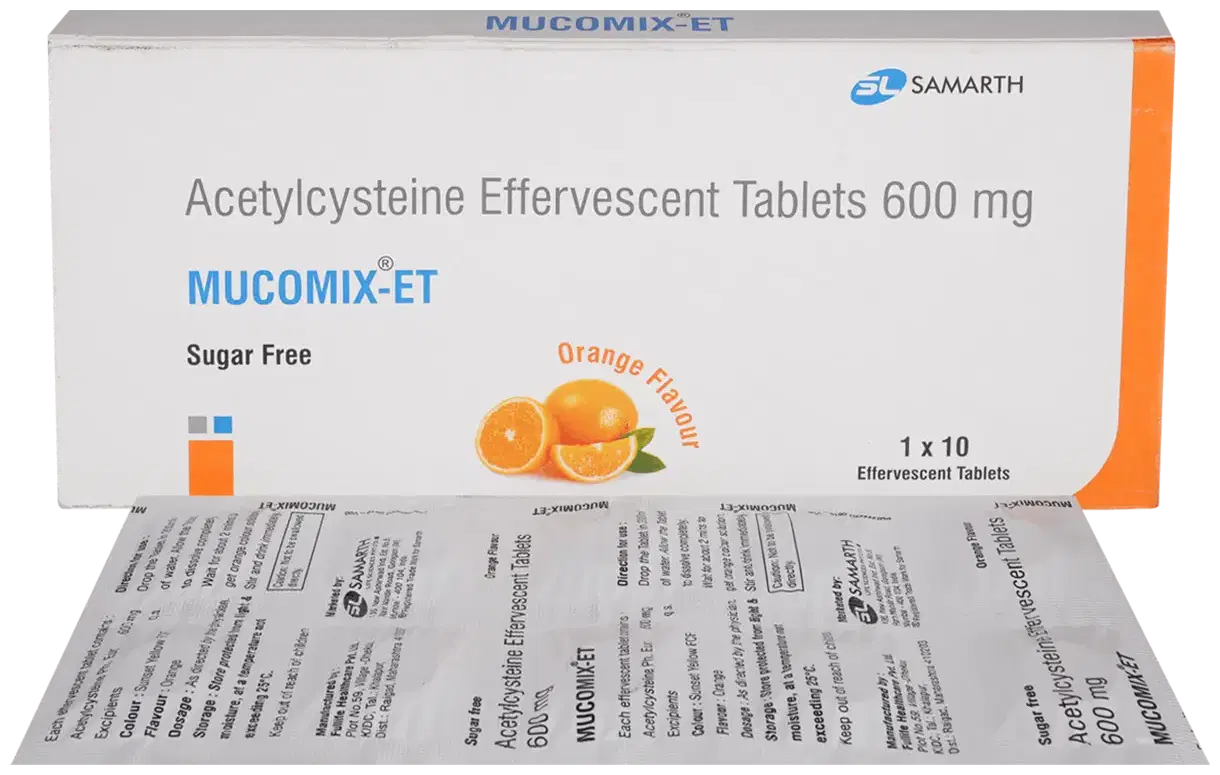Respiratory disease with excessive mucus
Respiratory diseases with excessive mucus, also known as mucus hypersecretion, are conditions that cause an overproduction of mucus in the respiratory tract. This can lead to difficulty breathing, persistent coughing, and recurrent respiratory infections. Common respiratory diseases with excessive mucus production include chronic bronchitis, cystic fibrosis, and asthma.
Medications:
Various medications are available to help manage respiratory diseases with excessive mucus. These may include:
Bronchodilators: These medications help to relax and open the airways, making it easier to breathe. Examples include albuterol, ipratropium, and tiotropium.
Anticholinergics: Similar to bronchodilators, anticholinergic medications also help to relax the airways and reduce mucus production. Examples include ipratropium and tiotropium.
Mucolytics: These medications help to thin and loosen mucus, making it easier to cough up and clear from the airways. Examples include guaifenesin and dornase alfa.
Corticosteroids: These medications help to reduce inflammation in the airways, which can reduce mucus production and improve breathing. Examples include beclomethasone, budesonide, and fluticasone.
Antibiotics: In cases where a respiratory infection is present, antibiotics may be prescribed to help clear the infection and reduce mucus production. Examples include amoxicillin, azithromycin, and doxycycline.
Consult with a healthcare professional to determine the most appropriate medication and treatment plan for managing respiratory diseases with excessive mucus.

Showing 1–12 of 133 results
Showing 1–12 of 133 results





